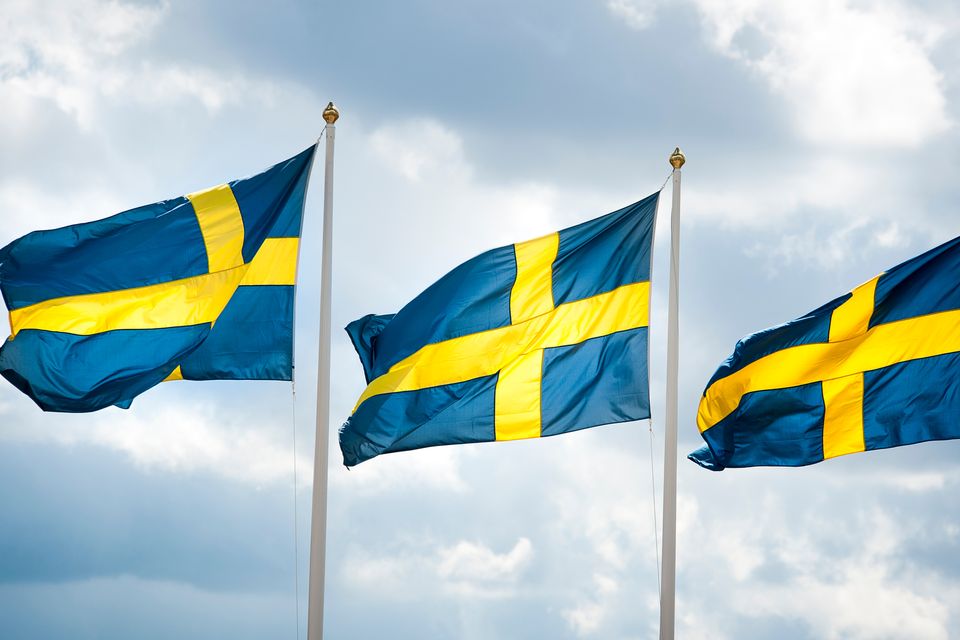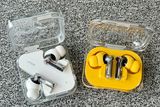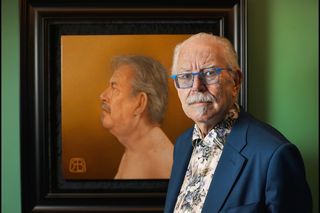Irish firms can be driving force in Swedish vehicle manufacturing
In addition to cars, buses, trucks and trailers, today Sweden's auto-industry encompasses niches such as emergency, off-road and construction vehicles - and, of course, the prestige, 'super' performance sports car Koenigsegg (Stock picture)
Six years after German engineer Karl Benz unveiled a petrol-powered vehicle considered to be the world's first automobile to go into repeat-production, Jöns and Anders Cederholm from Sweden developed their country's first automobile, a steam-powered car. Unfortunately, Sweden's first automotive accident followed shortly afterwards, destroying the Cederholm brothers' invention.
The Swedes were undeterred. By the early 1900s, scores of producers were building vehicles, including the Malmö-based bicycle manufacturer Maskinfabriks-aktiebolaget Scania, establishing the DNA for today's Scania AB - one of the world's leading heavy vehicle manufacturers.
Two and a half decades later, in 1920s Gothenburg, Volvo started producing passenger cars and light trucks, spawning the two other major Swedish automotive marquees that survive: Volvo Car and Volvo AB.
In addition to cars, buses, trucks and trailers, today Sweden's auto-industry encompasses niches such as emergency, off-road and construction vehicles - and, of course, the prestige, 'super' performance sports car Koenigsegg.
It's a key sector for the economy, generating about 12pc of total exports, worth over 180 Swedish Krona (or almost €19bn) per annum and supporting half a million jobs, both directly and through the supply chain.
We believe there are opportunities for Irish companies to sell into every aspect of this supply chain - from precision engineering and fabrication to metal and plastic components to advanced electronics and software.
In November, we took eight Irish companies to Elmia Subcontractors, in Jönköping, Sweden, Scandinavia's leading trade show for subcontractors in the manufacturing industry. The Irish companies were so encouraged by the quality of the auto-industry contacts they forged and their discussions with buyers that we will be following up this year with a three-day event during St Patrick's week. The 'Irish Supply Days' event will match-make a larger group of 15 Irish companies to Nordic-based automakers and suppliers.
Collectively, the 15 companies have experience selling into supply chains of no less than 29 vehicle manufacturers across the globe from Audi, BMW and Caterpillar to Toyota, Volkswagen and Volvo. They include plastics innovators like Athlone Extrusions, HTE Engineering and Mergon Internationally and high-precision assembly manufacturers like Bolger Engineering and G&G Engineering.
In addition to established auto-sector suppliers, the group includes startups like machine vision specialist ImageVision, and a number of hi-tech players in areas like 3D printing, automation, product design and the Internet-of-Things (IoT). For example, electronics designer and manufacturer CW Applied Technology supplies to Bentley; Taoglas has developed advanced antennae for the sector; and technology from Cubic Telecom is providing Audi drivers with seamless connectivity across international borders.
Working with Sweden's auto-industry brings Irish companies into the world of Nordic innovation. Current red-hot drivers for the automotive industry include shared mobility (Uberisation), electrification, autonomous driving and connectivity: four trends set to reinforce and accelerate each other, delivering next-generation, smarter vehicles.
Volvo, now owned by Geely of China, is targeting sales of at least one million electrified vehicles by 2025. Its new V40 model, due to launch in 2019, is being billed as a fully electric car with a range of 217 miles. In another hot area, last year, Uber signed a partnership with Volvo to develop self-driving cars. This year, the car maker hopes to have 100 in use on Sweden's roads.
Meanwhile, Scania has been selected by Singapore's Ministry of Transport to design the world's first full-scale, self-drive truck fleet operation, set to travel on public roads while transporting containers between the Asian city state's port terminals.
The industry here is also seen as a pioneer in biofuels and environmentally friendly, lightweight materials. And it's fair to say that, despite a bumpy first ride, Swedish vehicles have become synonymous with safety.
Incidentally, the Cederholm brothers did go on to build a second steam car; this time with more success. It's preserved to this day in a museum in the small town of Skurup, Scania County.
Victoria Boiko, Enterprise Ireland, Stockholm
Join the Irish Independent WhatsApp channel
Stay up to date with all the latest news















